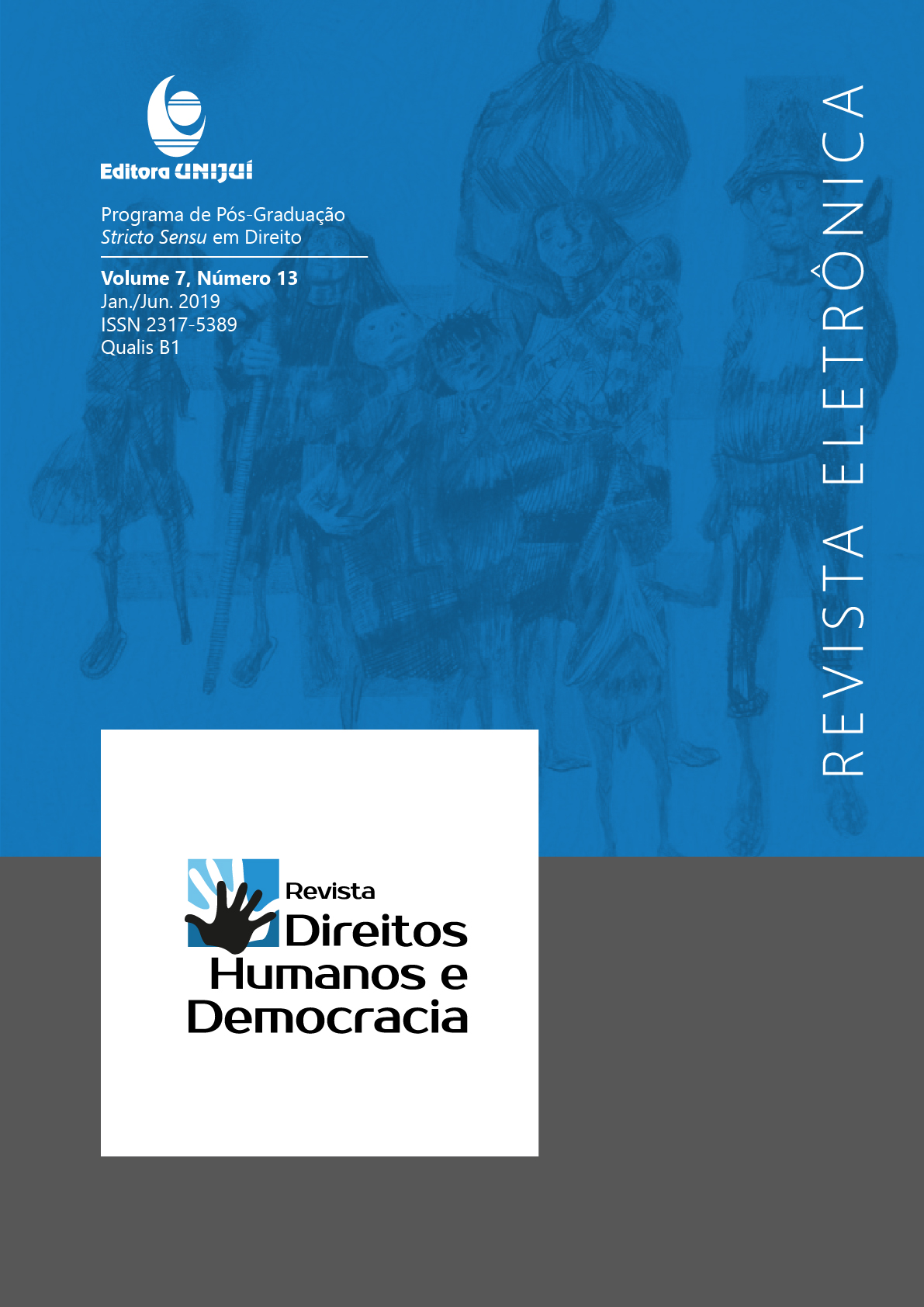A PERSISTÊNCIA DO FRACASSO/SUCESSO PRISIONAL: A HIPÓTESE DO ILEGALISMO EM MICHEL FOUCAULT
DOI:
https://doi.org/10.21527/2317-5389.2019.13.223-229Abstract
O presente ensaio tem por objetivo problematizar dois fatos já consagrados no âmbito dos estudos criminológicos contemporâneos (e.g. a resiliência da Prisão e a expansão dos discursos de encarceramento) a partir da sua exposição ao conceito foucaultiano de “ilegalismo”. Ancorados no pensamento de Michel Foucault, os autores buscam, nestes escrito, desenvolver a hipótese que sugere a possibilidade de se realizar uma leitura (pelo avesso) do argumento que informa o “fracasso histórico da prisão”, concebendo tal fato não como uma desventura, uma fatalidade, mas, ao invés, como uma espécie de desvio consciente e estratégico dos discursos oficiais, cujo objetivo primeiro seria o desenvolvimento de uma economia biopolítica focalizada na (re)produção de subjetividades normalizadas. Os autores procuram verificar a validade da hipótese a partir da realização de uma análise crítica acerca das conjunturas histórica e política que serviram de cenário para a edição da Lei dos Crimes Hediondos.
Palavras-chave: Foucault; Vigiar e Punir; Prisão; Ilegalismo; Lei de Crimes Hediondos.
Downloads
Published
How to Cite
Issue
Section
License
By publishing in the Revista Direitos Humanos e Democracia, authors agree to the following terms:
Articles are licensed under the Creative Commons Atribuição 4.0 Internacional (CC BY 4.0), which allows:
Share — copy and redistribute the material in any medium or format;
Adapt — remix, transform, and build upon the material for any purpose, including commercial use.
These permissions are irrevocable, provided the following terms are respected:
Attribution — authors must be properly credited, with a link to the license and indication of any modifications made;
No additional restrictions — no legal or technological measures may be applied that restrict the use permitted by the license.
Notices:
The license does not apply to elements in the public domain or covered by legal exceptions.
The license does not grant all rights required for specific uses (e.g., image rights, privacy, or moral rights).
The journal is not responsible for opinions expressed in the articles, which remain the sole responsibility of the authors. The Editor, with the support of the Editorial Committee, reserves the right to suggest or request modifications when necessary.
Only original scientific articles presenting research results of interest, not previously published or simultaneously submitted to another journal with the same purpose, will be accepted.
References to trademarks or specific products are intended solely for identification purposes and do not imply any promotional endorsement by the authors or the journal.
License Agreement: Authors retain copyright over their articles and grant the Revista Direitos Humanos e Democracia the right of first publication.













